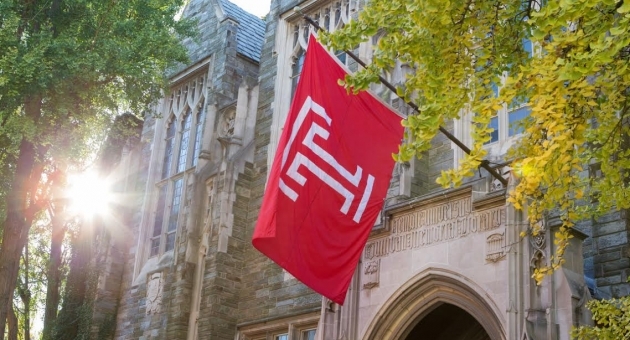
President Neil D. Theobald made the case for additional financial support for Temple University while speaking to state House and Senate leaders on Tuesday.
Testifying before the appropriations committees in each chamber, the president said that despite flat funding for the last four years, Temple has worked hard to provide a high-quality education that is both accessible and affordable.
"Through innovative, pragmatic programs such as the Temple Option and Fly in 4, Temple is reinvigorating the American dream where all children, regardless of the circumstances into which they are born, are given a fair chance to rise as high in life as their abilities will take them," said the president while speaking to state legislators in Harrisburg.
"At Temple University, our mission is clear. We are committed to providing talented and motivated students of all backgrounds with access to excellent, affordable college degrees," Theobald said.
Members of both the Senate and House commended Temple for the Fly in 4 initiative, saying the university deserved credit for its leadership role.
The president testified before the House Appropriations Committee in the morning and the Senate committee in the afternoon. At both sessions, Theobald stressed the importance of state support if Temple is to remain affordable.
As a state-related university, Temple receives an annual appropriation from the commonwealth of Pennsylvania. The commonwealth appropriation was reduced by more than $32 million in the 2011 fiscal year and has held at $139.9 for the last four years.
Earlier this month, Gov. Tom Wolf proposed restoring $16 million of the commonwealth appropriation for the university. The House and Senate are building their own budget proposals now. The state budget must be approved by the General Assembly and sent to the governor for his signature by July 1.
Theobald was part of a panel of university leaders representing the four state-related schools. In addition to Temple, the leaders from Pennsylvania State University, the University of Pittsburgh and Lincoln University took part in the hearings.